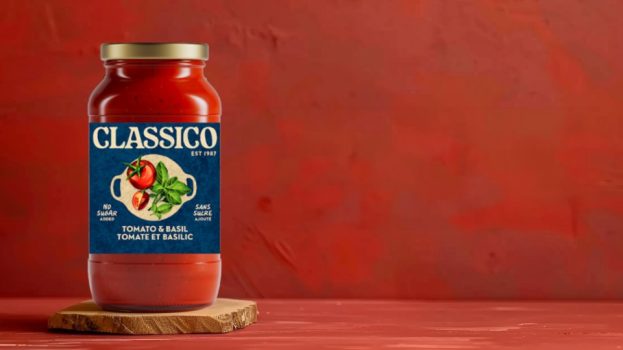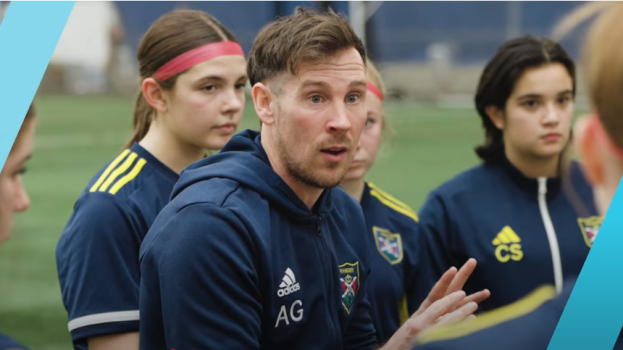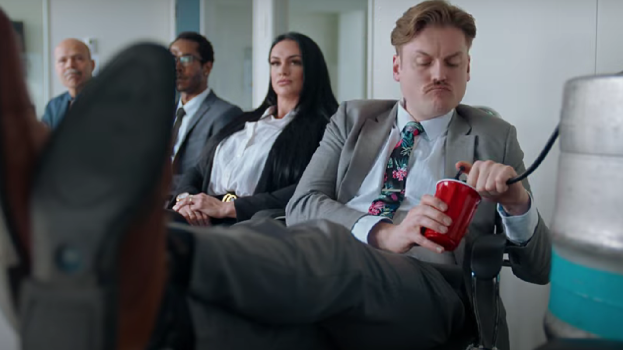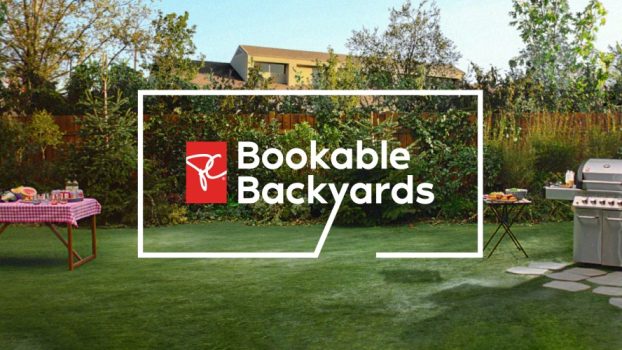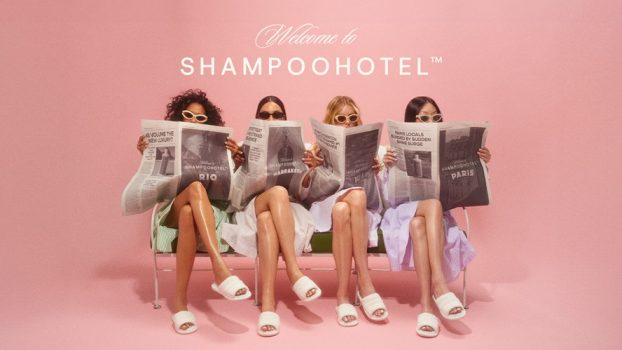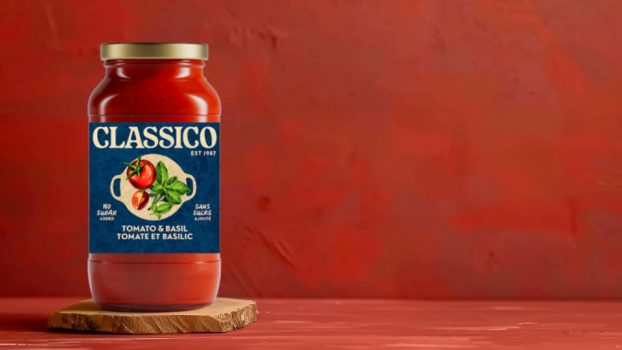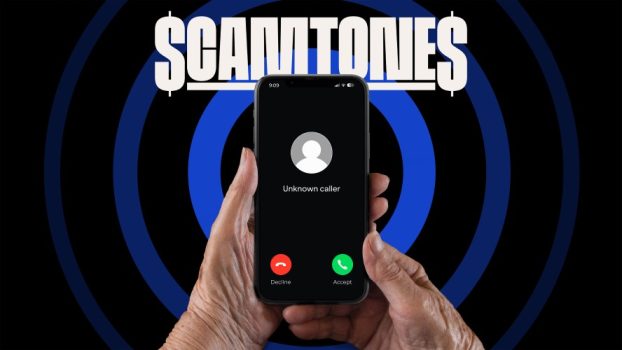Brands are based on emotional connections, on fundamental human experiences, on relevance, and on trust. Successful consumer and corporate brands understand that they are making a promise to their consumers that must be fulfilled in order to maintain loyalty.
Classic examples of brand promises include Volvo’s safety, Nike’s performance and Disney’s magic. Today, we’re also dominated by another set of promises: intrigue, drama, survival, and seduction – all delivered in the form of reality-based television programs.
So why the reality craze?
Since the 1990s, consumers have become increasingly brand aware and media savvy. Economic instability and political uncertainty have created a climate in which we desire a complete escape (the return of the musical, nostalgia brands like the Beetle, Harry Potter, Lord of the Rings) or a more authentic experience – witness entire television networks dedicated to ‘real-life stories,’ shows about cooking, home decorating, and other day-to-day activities. The events of Sept. 11 crystallized our desire to celebrate everyday heroes.
But what is it about a white Bronco driving slowly down the LA Freeway that grips us? Or immunity challenges? Or entrusting decorating to our neighbors? Or selecting mates in front of millions? It’s more than slowing down as we pass the proverbial car wreck.
Successful brands fulfil unmet needs in the market. CNN, the master of reality programming, understands that better than anyone. With millions of eyes riveted to coverage of the O.J. Simpson trial and numerous other ‘must-see events,’ consumers sent a clear message: we need to know, we want to be a part of something that is unscripted, where we don’t know the ending and will drop everything to be there as the drama unfolds.
American Idol, Survivor, Trading Spaces, The Bachelor – not to mention Jackass, The Family, Fear Factor and countless other programs – invite us into the world of everyday characters in manufactured situations. We care about Kelly, Justin, Trista and the Osbournes because in one way or another, they’re just like us. We watch our hopes, dreams, fears and insecurities played out vicariously through them. We can put ourselves in their shoes, think about what we might have done if Simon took us down a peg, or we got voted off the island, or were faced with a jar of bull’s testicles.
Branding is based on our emotional connections. At its heart, it has to engage us at a personal level. Reality programming has tapped into primal human needs – survival, reproduction, success, and validation. It feeds on our fascination with human frailty, enabling us to feel admiration, joy, and occasionally, more than a little bit superior.
So what can brands learn from reality programming?
Be human
People are curious about real people and their lives. This doesn’t always make for the Hollywood ending, but hey, that’s life. We come in all shapes and sizes. We need to see ourselves in the ‘characters,’ people at their best (and at their worst).
Wal-Mart’s television commercials are tremendously powerful in showing everyday people in familiar environments. ‘Typical’ teens talking about fashion, roommates buying stuff for their first apartment, moms with kids wreaking havoc upstairs. We can all relate. Minacs, a Toronto-based outsourced customer-relationship management company and one of our clients, rejuvenated its brand by celebrating employees as fundamental to the Minacs brand promise. On all marketing materials and throughout their environments, portraits of employees from across the company capture the spirit of the brand. Clients get a feel for the company they’ve entrusted to speak with their own customers. It’s been hugely successful in instilling employee pride, expressing the personality of the organization and standing out in the industry.
Tell a good story
We all know that word of mouth is one of the most powerful brand-building tools. Reality television has created a new kind of storytelling – both onscreen and in subsequent water-cooler talk. Whether we’re witness to the birth of a child, relating to someone who has overcome obstacles, or just enjoying the inanity of a situation we hope never to find ourselves in, we want to laugh, cry, and be moved to action. And we want to share the experience with others.
So engage your audiences and create a sense of intrigue. Bacardi’s new campaign, shot live on digital video, brings the unrehearsed reality narrative to advertising. Do you know where your mate was on Valentine’s Day?
Celebrate spontaneity
TLC’s tagline, ‘Life Unscripted,’ captures the essence of spontaneity. The element of surprise is part of what makes shows like Trading Spaces so compelling. Will there be another moss-wall fiasco? Hysterics over a fireplace? How many times will they say ‘Oh my god!’? Will they cry? Okay, they always cry. But you get the point. We await the outcome with anticipation.
Brands must consistently delight us and exceed our expectations in order to create the emotional grip that keeps us coming back for more. Paying close attention to what consumers want and need (whether they know it or not!) will ensure that you’re always relevant.
Be real
This is especially important post-Enron. Consumers and investors are demanding the whole truth. We will be looking for companies and brands that talk about their successes and failures openly. Brands that demonstrate they have a vision and a plan for the future, which they’ll execute with integrity. If it’s been a bad year, we want to know upfront in your annual report why and what you’re going to do about it. Admit if you’ve made a mistake and fix it. We’ll respect you and stick with you for it. And don’t try to be all things to all people. Carve out your niche and do it well.
Great brands understand relevance and resonance. And what’s relevant to us right now are these ‘real-life’ stories. More than ever, building brand value is about securing and sustaining loyalty. If your brand resonates and consistently delivers what it promises, the consumers you seek will find you and make you a part of their daily lives.
Christopher Campbell is CD at Interbrand, Toronto, and an avid pop culture voyeur. He can be reached at (416)366-7100.

